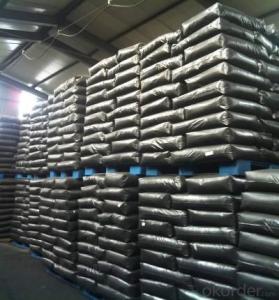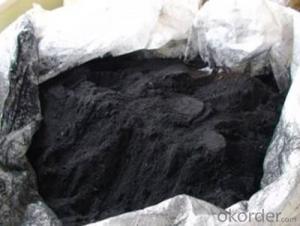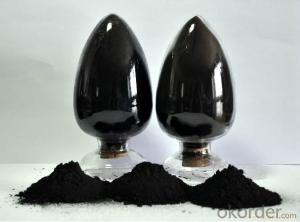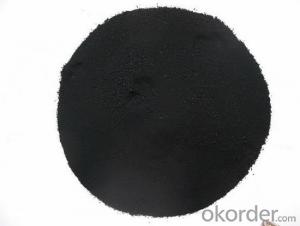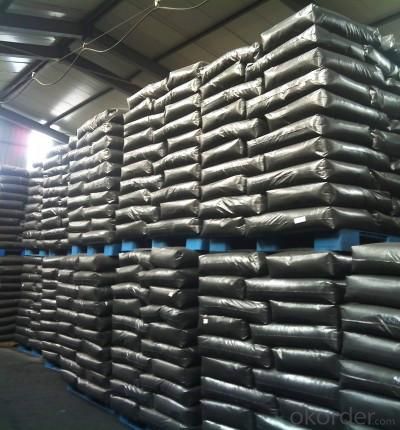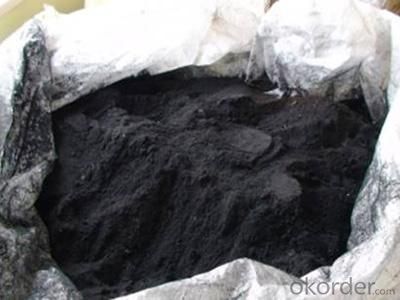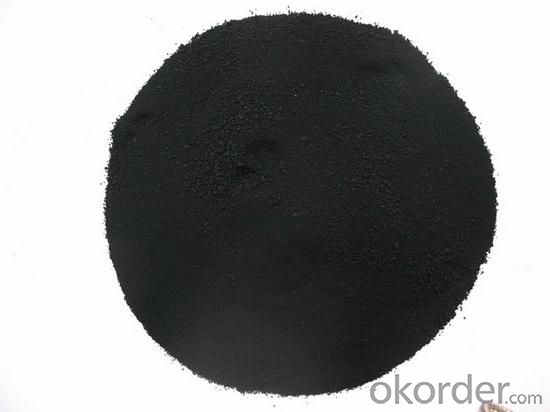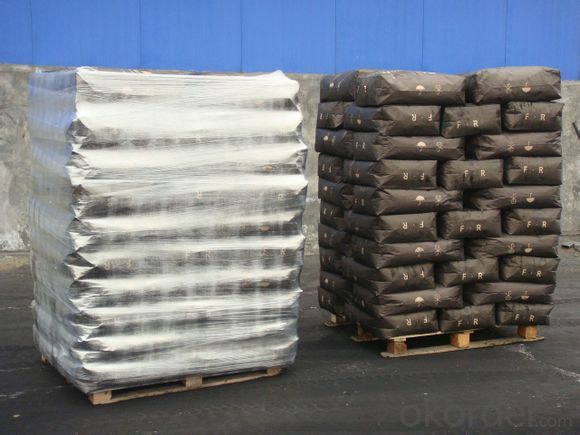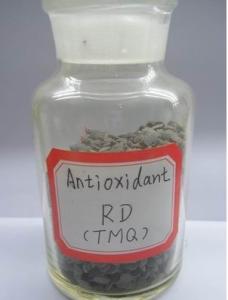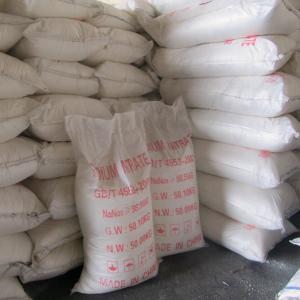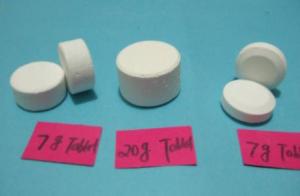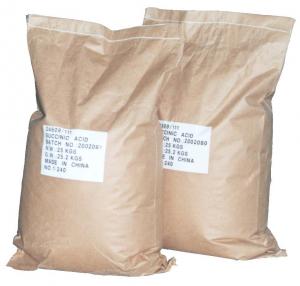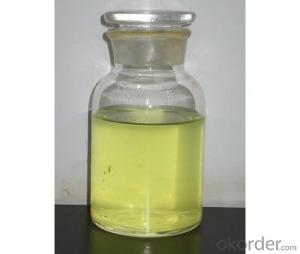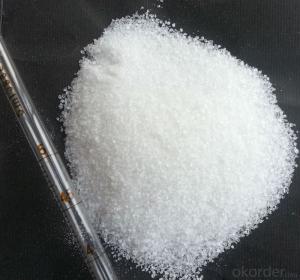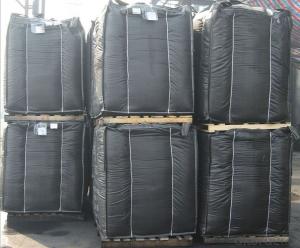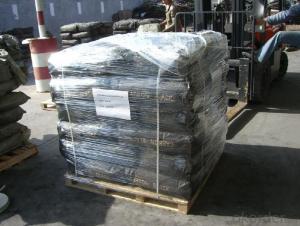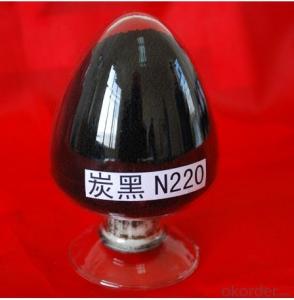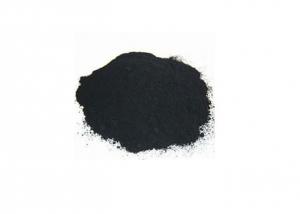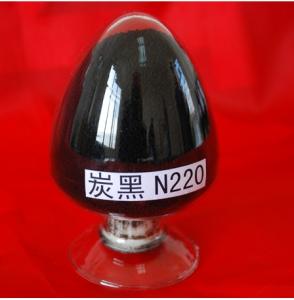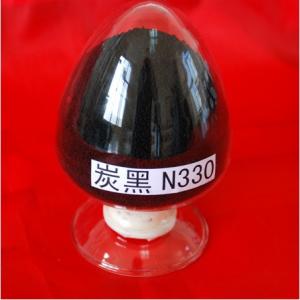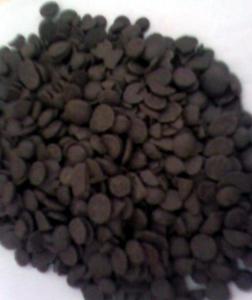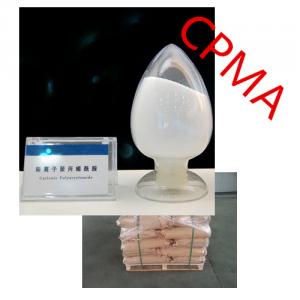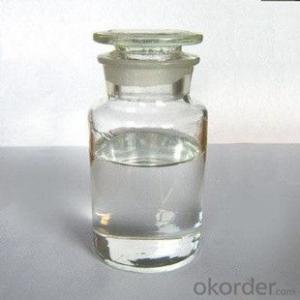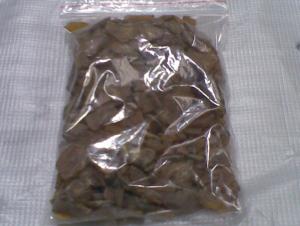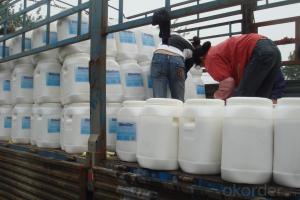Carbon Black N220 N330 N550 N660 for granule application
- Loading Port:
- Qingdao
- Payment Terms:
- TT OR LC
- Min Order Qty:
- -
- Supply Capability:
- 20000 m.t./month
OKorder Service Pledge
OKorder Financial Service
You Might Also Like
Specifications
Carbon Black N220 N330 N550 N660
1.competitive price
2.high quality
3.wide specifications
4.personalized services
used in plastic,rubber,masterbatch,tire,paints,ink,pigments
Carbonblack N220,N330,N339,N375,N550,N660,N774 etc......
Carbon black
CAS.NO.:1333-86-4
Molecular Formula:C
Molecular weight:12.01
Appearance Black power or granular Specification
Name ,Parameter
Carbon black N220
Carbon black N330
Carbon black N550
Carbon black N660
Loding Absorption Number(g/Kg)
114-128
77-87
39-47
32-40
Absorption Value of DBP (10-5m3/Kg)
109-119
97-107
116-126
85-95
Absorption Value of compressing sample DBP (10-5m3/Kg)
95-105
83-93
83-93
71-79
Adsorptive Specific Surface Area of CATB ( 103m2/Kg)
106-116
77-87
38-46
32-40
Adsorptive Specific Surface Area of Nitrogen (103m2/Kg)
114-124
78-88
38-46
30-40
Tinting Strength %
110-120
98-108
----
----
Heating Loss
2.5%max
2.5%max
1.5%max
1.5%max
Ash Content
0.5%max
0.5%max
0.5%max
0.5%max
Tensile Strength
-0.5mpa min
-0.5mpa min
-0.5mpa min
-0.5mpa min
300% Extending Stress
-1.5±1.0 mpa
-1.0±1.0 mpa
-1.0±1.0 mpa
-2.5±1.0 mpa
45μm Sieve Residue
0.10% max
0.10% max
0.10% max
0.10% max
Packing:25 kgs in net bag, 14 tons in the 20'FCL.
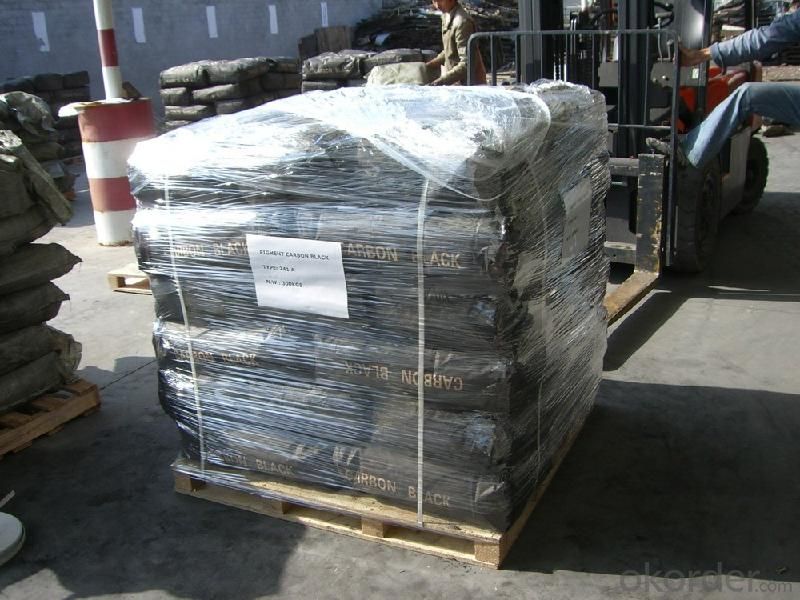
Specifications
Carbon Black N220 N330 N550 N660
1.competitive price
2.high quality
3.wide specifications
4.personalized services
Carbonblack N220,N330,N339,N375,N550,N660,N774 etc......
CAS.NO.:1333-86-4
Molecular Formula:C
Molecular weight:12.01
Appearance Black power or granular
Specification
Name ,Parameter | Carbon black N220 | Carbon black N330 | Carbon black N550 | Carbon black N660 |
Loding Absorption Number(g/Kg) | 114-128 | 77-87 | 39-47 | 32-40 |
Absorption Value of DBP (10-5m3/Kg) | 109-119 | 97-107 | 116-126 | 85-95 |
Absorption Value of compressing sample DBP (10-5m3/Kg) | 95-105 | 83-93 | 83-93 | 71-79 |
Adsorptive Specific Surface Area of CATB ( 103m2/Kg) | 106-116 | 77-87 | 38-46 | 32-40 |
Adsorptive Specific Surface Area of Nitrogen (103m2/Kg) | 114-124 | 78-88 | 38-46 | 30-40 |
Tinting Strength % | 110-120 | 98-108 | ---- | ---- |
Heating Loss | 2.5%max | 2.5%max | 1.5%max | 1.5%max |
Ash Content | 0.5%max | 0.5%max | 0.5%max | 0.5%max |
Tensile Strength | -0.5mpa min | -0.5mpa min | -0.5mpa min | -0.5mpa min |
300% Extending Stress | -1.5±1.0 mpa | -1.0±1.0 mpa | -1.0±1.0 mpa | -2.5±1.0 mpa |
45μm Sieve Residue | 0.10% max | 0.10% max | 0.10% max | 0.10% max |
Packing:25 kgs in net bag, 14 tons in the 20'FCL.

- Q: What is the superiority of the catalyst compared to the stoichiometric reagent?
- Specificity: an enzyme can only catalyze one or a class of substrates, such as proteases that catalyze the hydrolysis of proteins into polypeptides;
- Q: Exemplify the use of green catalysts in green chemistry
- Photocatalytic water generates oxygen and hydrogen
- Q: What are the catalysts for making oxygen in chemistry? (At least 8 listed)
- Manganese dioxide, iron oxide (red brick powder), copper oxide, ferrous oxide, iron oxide, activated carbon, egg shell, fresh liver, raw potato chips, etc.
- Q: Why is the catalyst in the chemical balance, the rate of change and balance?
- Plus the catalyst, but only to change the activation energy of the reaction, so that more molecules at the same time to participate in the reaction.
- Q: Chemistry why the catalyst can be equal to speed up the positive reaction rate
- Since the catalyst only changes the activation energy and the amount of reactivity can be reduced, the amount of reaction energy is also reduced. Therefore, a positive catalyst is also a good catalyst for its reaction. Speed up the same multiple.
- Q: I opened catalyst control center to see what its was, i didn't change anything and now when i full screen a youtube and hulu the screen will be black and the loading bar at the bottom will be stuck. I also noticed that now when i play minecraft all the blocks have a black out line i cant get rid of. I tried deleting my .minecraft and that didn't fix it.
- Catalyst control center? You, my friend, have a Radeon graphics card. What's happening is that somewhere you have Anti-Aliasing turned on. Go back into your catalyst control center and anywhere where there is an option to 'use application settings'- select it. It's supposed to improve your graphics quality, but there are a lot of bugs with it on a whole bunch of applications and games- including Minecraft. Oh, and as for the youtube thing- alt+tab should show you where your video has disappeared to. Yes, I know- it's bloody weird, but flash is buggy as heck, and Radeon graphics cards are weird; I should know- I have one too! That should do the trick! If it doesn't work then there's likely an extra option somewhere that you haven't ticked to 'use application settings'.
- Q: The quality and nature of the catalyst before and after the chemical reaction did not change this sentence wrong? Why did the "middle school student study" say it was wrong?
- There is no wrong catalyst just to speed up the reaction
- Q: the process of which the heterogeneous catalyst work in vehicles. a step by step instruction in how they work. :)
- The Reduction Catalyst The reduction catalyst is the first stage of the catalytic converter. It uses platinum and rhodium to help reduce the NOx emissions. When an NO or NO2 molecule contacts the catalyst, the catalyst rips the nitrogen atom out of the molecule and holds on to it, freeing the oxygen in the form of O2. The nitrogen atoms bond with other nitrogen atoms that are also stuck to the catalyst, forming N2. For example: 2NO =N2 + O2 or 2NO2 =N2 + 2O2 The Oxidization Catalyst The oxidation catalyst is the second stage of the catalytic converter. It reduces the unburned hydrocarbons and carbon monoxide by burning (oxidizing) them over a platinum and palladium catalyst. This catalyst aids the reaction of the CO and hydrocarbons with the remaining oxygen in the exhaust gas. For example: 2CO + O2 =2CO2
- Q: When you write a chemical equation, how do you want to add "catalyst" and "?" When you do not have to write?
- This is the need for your memory, write a few times, will naturally cooked
- Q: What is the meaning of catalyst in chemistry?
- In the chemical reaction can change the reaction rate of chemical reaction (increase or decrease) without changing the chemical balance, and its own quality and chemical properties in the chemical reaction before and after the material did not change the catalyst.
Send your message to us
Carbon Black N220 N330 N550 N660 for granule application
- Loading Port:
- Qingdao
- Payment Terms:
- TT OR LC
- Min Order Qty:
- -
- Supply Capability:
- 20000 m.t./month
OKorder Service Pledge
OKorder Financial Service
Similar products
Hot products
Hot Searches
Related keywords
